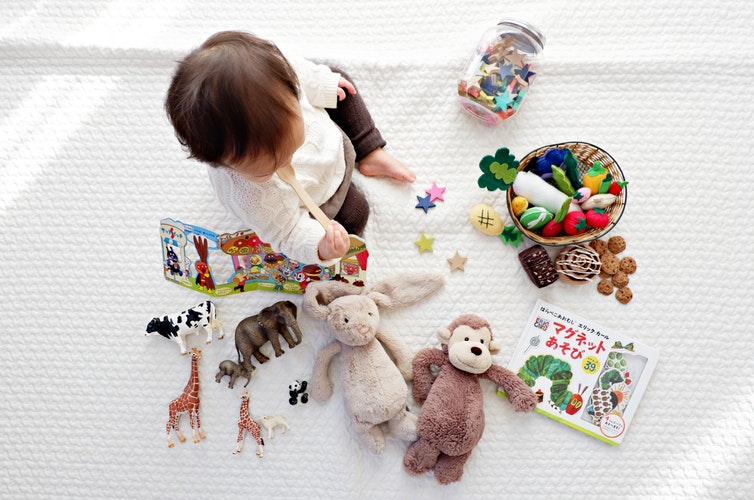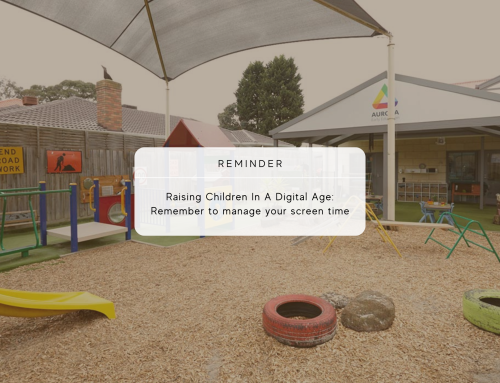To a child, toys are not merely ‘playthings’; they teach our children about the world and about themselves. They send messages and communicate values, and thus it is important that we consider what foundation is being laid by the toys that are given to our children. It is also important to consider how many toys at any one time we are providing to our children as they can become overwhelmed and inundated with too many choices and options for play; this can lead to them not engaging in any meaningful play at all. Let’s explore whether ‘less is more’ is a better approach when it comes to gifting toys to our little ones.
Fewer toys actually benefit children in the long term for many reasons.
Being more creative – Too many toys can prevent children from fully developing their gift of imagination. Although toys provide stimulation for children, it is equally important that children engage with their basic surroundings to invent games and promote imagination through play. It is always interesting to hear children say ‘I’m bored’ whilst standing in a playroom full to the brim with toys!
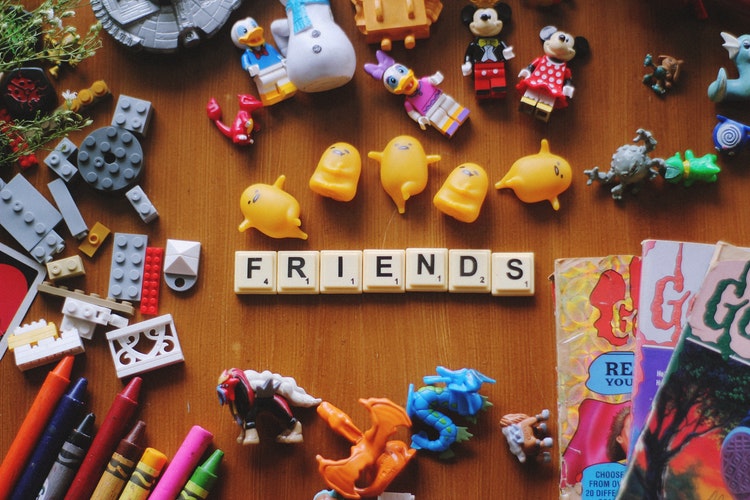
Taking greater care of their things – When there are too many toys to look after, children will naturally take less care of them. They will not learn to value what they have if there is always a replacement ready at hand.
Longer attention spans – A child will rarely learn to fully appreciate the toy in front of them when there are countless options still remaining in the toy box. When there are too many toys, this can lead to an impaired attention span. Children need to feel bored sometimes; it is only then that they start to become involved in rich and meaningful play experiences.
Becoming more resourceful – Fewer toys cause children to become resourceful by solving problems with only the materials at hand. Resourcefulness is a gift with unlimited potential.
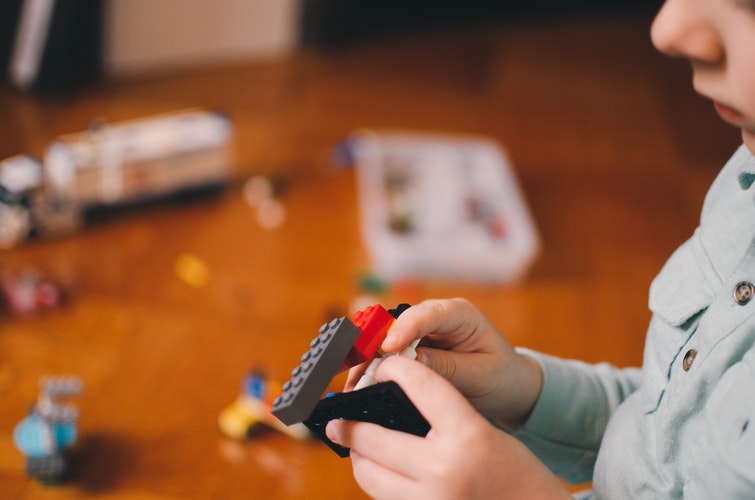
Social skills development – When children have fewer toys, they learn how to develop interpersonal relationships with their peers and adults. They learn to be patient, take turns in conversations and join in play more readily with others.
Developing a greater love for reading, writing and art – Having fewer toys encourages your child to be drawn to books, music, colouring and painting. Developing a love for art and literacy helps them to better appreciate beauty, emotion and communication in their world.
Encourage them to share – Often we think if there are more toys available for everybody to enjoy, there should be fewer arguments. However, the opposite is often true, every time we introduce a new toy into the relationship, we give children another reason to establish their ‘territory’ among the others. Siblings with fewer toys are forced to share, collaborate and work together.
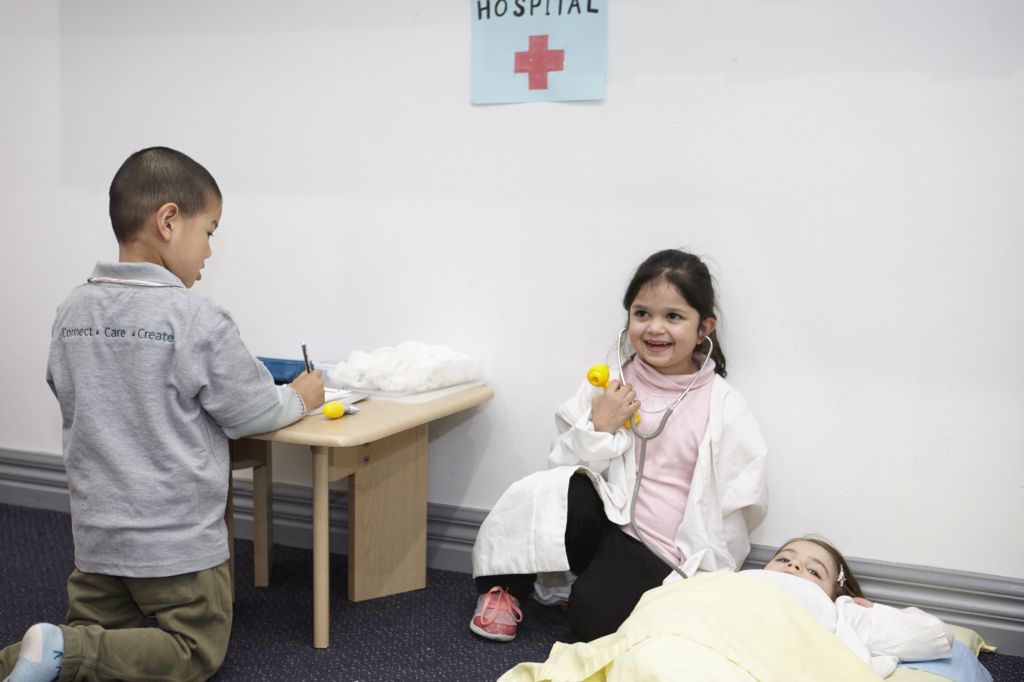
Less selfish – Sometimes children who receive many gifts and often get things they like and want can develop the expectation that they can have everything. This attitude is not a healthy one and we don’t want to encourage this thinking as they grow older.
Playing outside – Children who are not overwhelmed with toys to play with inside will naturally head outdoors and develop more of an appreciation of the natural environment. This may also encourage them to be involved in physical exercise surrounded by fresh air which is great for their bodies and minds.
Finding satisfaction without material things – Children need encouragement to live counter-cultural lives and find joy in things that last. True joy and contentment are not found with toys or bought with money.
And there you have it! ‘Less is more’ could very well be what your child needs when it comes to toys for them.
Have a trip to our centres:


